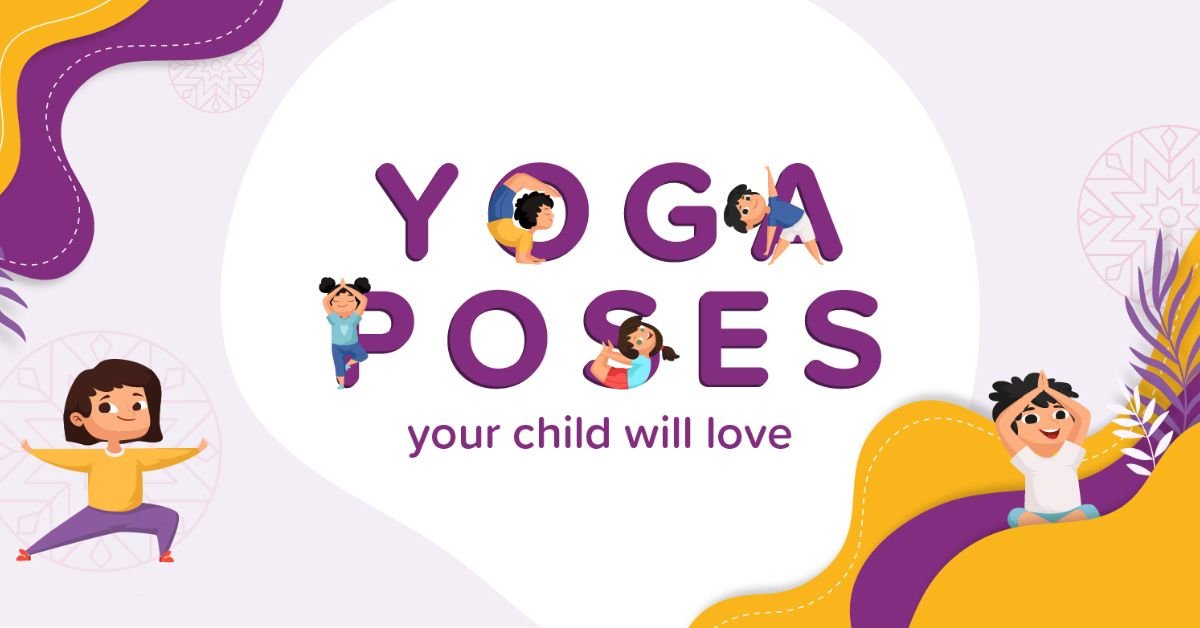Table Of Contents
In today’s world, love is not limited by degrees or diplomas.
Differences in educational backgrounds can present some unique challenges, but they should not stop you from being with the person you love.
Many couples successfully navigate relationships and even marriages despite differences in education.
You can make your relationship thrive with open communication, shared goals, and a little effort.
Here is how to address potential challenges and build a strong connection, regardless of educational background.
1. Talk Early About Financial Concerns
Money talks—and it is essential to have that conversation early.
Educational differences can sometimes translate into different financial situations and goals. Research suggests that partners with varying education levels may approach daily finances and socio-economic objectives differently. It is essential to talk about financial expectations up front to avoid misunderstandings.
Actionable Tip:
When going out for dinner, decide together whether you will split the bill or take turns paying. If you are living together, have regular check-ins about your financial status, future goals, and budgeting.
Pro Tip:
It is not about convincing your partner to see things your way but understanding their perspective.
2. Set Individual Goals
Your dreams are just as important as your partner’s.
A partner with a lower educational background may want to pursue further education or be more focused on their career or personal goals. Encourage each other to set individual goals and openly communicate about them.
Actionable Tip:
Share your personal goals and discuss how you can support one another. This will help avoid resentment and ensure both partners are on the same page.
Pro Tip:
Do not set goals for your partner. Please support them in their journey and celebrate their achievements.
3. Foster Empathy
Empathy is critical to a lasting relationship.
Different education levels can bring different perspectives on success and failure. Instead of comparing your partner’s experiences with your own, work to understand their unique struggles and accomplishments. Fostering empathy can strengthen your bond.
Actionable Tip:
Celebrate your partner’s achievements, whether taking an exam or landing a new job. Show up for their challenges, too, and be a source of comfort when things get tough.
Pro Tip:
Focus on emotional support rather than comparing your struggles.
4. Address Negative Feelings Head-On
Are you feeling uncomfortable about educational differences? Talk it out.
Addressing those feelings early on is essential if you feel resentful or uncomfortable about your educational differences. Discuss them openly with your partner, but first, take some time to reflect on why these feelings are arising.
Actionable Tip:
Use “I” statements when discussing your concerns, such as, “I feel insecure about my education level compared to yours,” rather than placing blame. This encourages a healthy discussion instead of an argument.
Pro Tip:
Create a safe space for these conversations—make sure both partners feel heard and respected.
5. Focus On Shared Values
What brought you together in the first place?
Your educational backgrounds may be different, but what truly matters are your shared values and interests. These are the foundations of a robust and lasting relationship. Focus on the things that connect you, not those that separate you.
Actionable Tip:
Give daily compliments reinforcing your shared values, like, “I love how much we both care about helping others,” or “I appreciate how we are always on the same page regarding family.”
Pro Tip:
Remind yourselves regularly why you are together. It is not about degrees; it is about the love you share.
6. Plan Regular Date Nights
Keep the spark alive by spending quality time together.
Getting caught up in the daily grind is easy, but setting aside time for regular date nights can help keep your relationship strong. This dedicated time lets you enjoy each other’s company and engage in activities you both love.
Actionable Tip:
Make date nights a regular part of your routine, whether once a week or once a month. Take turns planning something fun, from a cozy movie night at home to an adventurous day out.
Pro Tip:
Keep it balanced—alternate between planning relaxed, homey dates and more exciting, out-of-the-house experiences.
7. Share Your Passions
Introduce each other to new interests.
Whether it is your love for literature or your partner’s passion for DIY projects, sharing your hobbies can bring you closer. It is not about making your partner love what you do but giving them a glimpse into what excites you.
Actionable Tip:
If you are passionate about a subject, such as history or restoring cars, walk your partner through it step-by-step. Share your excitement and let them ask questions.
Pro Tip:
Be equally curious about your partner’s passions. Even if you are not into them, learning more about what they love can deepen your connection.
8. Keep The Chemistry Alive
Emotional and physical chemistry are both vital.
Maintaining your emotional connection is critical, but do not forget the physical aspect of your relationship. Continue nurturing your chemistry by being open about your needs and desires.
Actionable Tip:
Talk openly about your intimate relationship’s likes and dislikes. Communication is crucial to keeping the spark alive.
Pro Tip:
Spontaneity can keep things exciting! Do not be afraid to surprise your partner with an unexpected gesture or romantic night.
9. Lean On Your Support Network
Friends and family are valuable resources.
Your support network, including friends and family, can offer perspective and advice during tough times. Do not rely solely on your partner for emotional support; maintain strong connections with your loved ones.
Actionable Tip:
Schedule regular catch-ups with your closest friends and family members. Sometimes, talking to someone outside the relationship can help you work through concerns.
Pro Tip:
Be open with your partner about your outside support system so they do not feel excluded.
10. Consider Couple’s Counseling
It is okay to ask for help.
Even if your relationship is strong, couple’s counseling can be a great way to address concerns and strengthen your bond. Counseling provides a neutral space where both partners can be heard and work through challenges together.
Actionable Tip:
Look for a counselor who specializes in relationships. They can provide tools and strategies to help you navigate challenges, including educational differences.
Pro Tip:
Commit to regular sessions, even if everything is going well. Counseling can be preventive as well as reactive.
Conclusion: Education Does Not Define Your Love
Your relationship is not defined by the letters after your name.
It is built on love, trust, and mutual respect.
With open communication, empathy, and shared goals, you can overcome any challenges from your educational background.
Embrace the differences, celebrate the similarities, and grow together.






